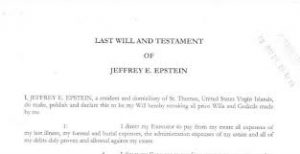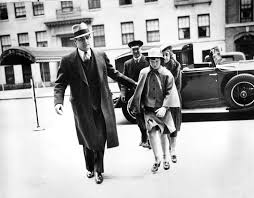 Most of us have been recently inundated by reports of the Coronavirus pandemic.
Most of us have been recently inundated by reports of the Coronavirus pandemic.  Although many of our readers do not travel to some of the afflicted locations, fear has a way of becoming contagious in its own right and can have negative business consequences. Fundamentally, the fear is based upon not only becoming sick but also on the effect that widespread contagious illness can have upon the economy. This post will address how our attorneys respond to unfavorable financial times and the strategies to be rendered.
Although many of our readers do not travel to some of the afflicted locations, fear has a way of becoming contagious in its own right and can have negative business consequences. Fundamentally, the fear is based upon not only becoming sick but also on the effect that widespread contagious illness can have upon the economy. This post will address how our attorneys respond to unfavorable financial times and the strategies to be rendered.
Real estate transactions tend to be voluntary business activities. For instance, a proposed buyer may be renting an apartment and be in the market to potentially purchase a house. Typically, a buyer needs liquid cash assets to post a downpayment and have the cash needed to close. If the stock market continues its losses of the past few days, a buyer may decide not to move forward because he needs to sell additional assets than previously intended in order to raise the cash needed. An experienced attorney would advise such a person that real estate is an investment that can be sold at a future date, hopefully at a profit. However, continuing to rent an apartment does not provide an asset to be sold at a future date or potential tax benefits such as deducting mortgage interest and real estate taxes paid. Now that we are about the enter the Spring market , new inventory and opportunities for buyers are available. Perhaps if a seller is concerned that her house will not sell as readily in this economy, the price may be reduced to attract additional buyer interest.
Certainly, commercially leased properties may see reduced customer traffic if consumers are afraid to be in public places and prefer to order products online or not visit restaurants where ill persons may be present. If such conditions persist, a tenant may need a seasoned lawyer to negotiate a lease modification or lease surrender , thus assisting the tenant in not being required to continue in a lease that is not consistent with current economic conditions. If such a modification cannot be negotiated, the tenant may be advised to “go dark” . Should the landlord not be willing to accept these options, he may seek to bring a landlord-tenant proceeding against the tenant.
 New York Real Estate Lawyers Blog
New York Real Estate Lawyers Blog










